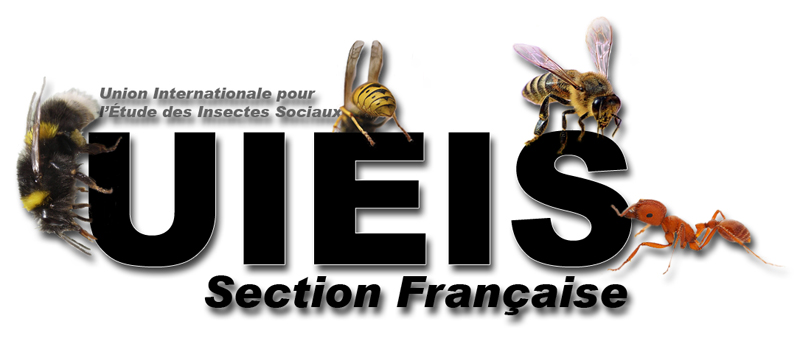Une fourmi armée de lances métalliques et à l’aspect vampirique a été découverte

Des scientifiques ont récemment découvert un tout nouveau type de fourmi : cette espèce possède des parties buccales très pointues, renforcées de métal et utilisées pour aspirer le sang de ses ennemis. Heureusement pour leurs proies, cette espèce de fourmi est éteinte depuis très longtemps. Mais des chercheurs ont découvert un spécimen piégé dans l’ambre datant […]



